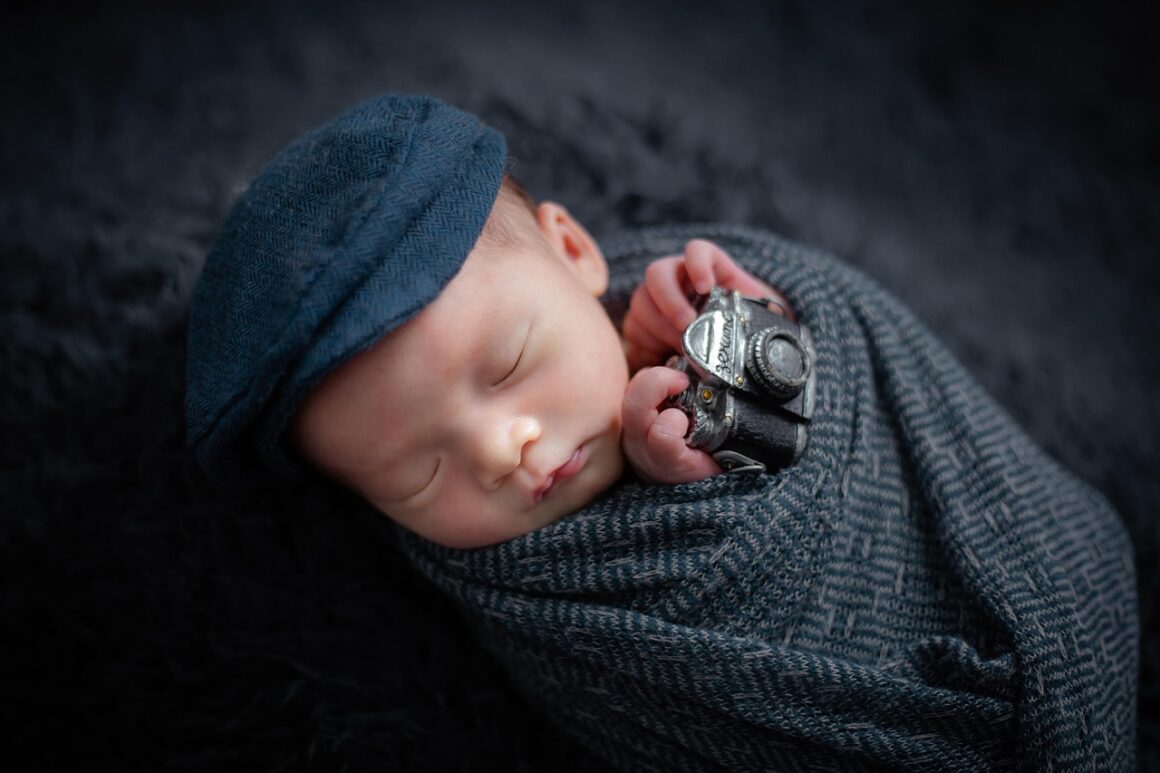Twitter has become a site for entertainment, debate, and news. With Twitter Moments it is easy to keep up with worldwide news whether it involves politics or the latest celebrity drama. When I joined Twitter, I never imagined that it would become a major news source for me as well as an unconventional place for educating myself. Twitter has gotten people famous, kick-started businesses, and for me, it connected me to Affinity so here I am, writing this article.
In other words, Twitter has become a diverse app that has done a good job of keeping itself relevant in the face of other great apps like Snapchat. However, just like almost everything in life, Twitter can also be a bad place. People spread hate on Twitter every single day. The company has strict guidelines on what can and cannot be posted on their site, yet they still fail to comply with their own policies as explained in one of my previous articles.
Jason Kessler, the person behind the “Unite the Right” movement, better known as the Charlottesville, Virginia rally, got verified on Twitter.
To give context, my article was about how hate tweets were constantly brought to Twitter’s attention yet they were very selective with which tweets they decided to take down. With that being said, I can’t help but question if Twitter is doing this on purpose. Are they being selective with which hate tweets they remove and in that way exposing their political and social beliefs?
After seeing the tweet below, I began to question Twitter even more:
Twitter just verified the account of the man who organized the tiki torch white supremacist rally in Charlottesville, Virginia that ended with the death of Heather Heyer.
Twitter basically enables white supremacy and white nationalist ideology.
Twitter is full of shit. https://t.co/3ASbYhUDvK
— Monique Judge (@thejournalista) November 9, 2017
Jason Kessler, the person behind the “Unite the Right” movement, better known as the Charlottesville, Virginia rally, got verified on Twitter. Monique Judge, who wrote a whole article about why this contradicts recent statements by the Twitter CEO, argues that Kessler’s tweet acknowledging that he got verified implies he applied for Twitter verification. That means that a human had to review his request. Although, Twitter just updated its policy to ban hate symbols, as Judge pointed out, whoever verified Kessler’s request completely overlooked that he has one of the nation’s most recognized hate symbols as his header: the Confederate flag.
So again, is Twitter trying to tell us something? Twitter support tweeted that verification does not imply endorsement but rather it is used to authenticate identity and voice. That seems fair enough, but as Twitter admitted, verification has taken on a new meaning and clearly, they have failed to adapt.
Some may not care about any of this because to them, Twitter is just an app. As stated before, though, to many, Twitter has become much more than that. Should we let a company’s core values and actions affect how we interact and use their services? At the end of the day, it’s a personal choice. However, I do believe that we need to at least acknowledge the wrongdoings of this company in order to be better, more ethical consumers.
Photo via Southern Poverty Law Centre




